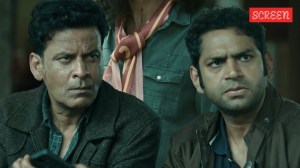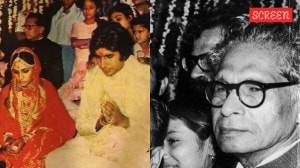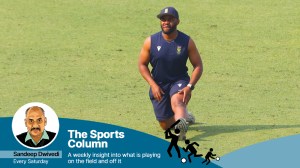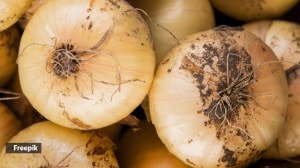Alina Gufran’s No Place to Call My Own churns the stomach, but it’s impossible to look away
Who am I? What am I — beyond a woman, beyond a Muslim last name? That is the question the protagonist, Sophia, wants to answer. But a world set against the MeToo movement, CAA protests and a global pandemic, a world that refuses to forego identity, corners her constantly
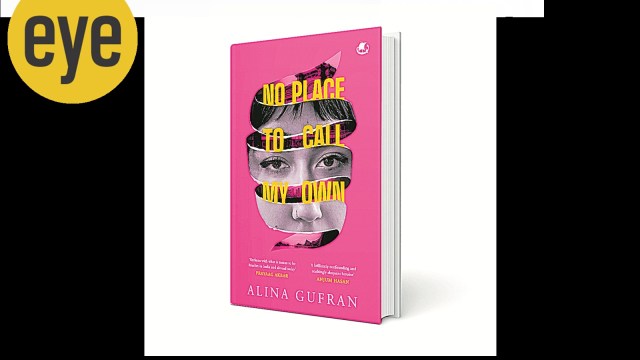 Alina Gufran's No Place to Call (Amazon.in)
Alina Gufran's No Place to Call (Amazon.in)More than halfway through No Place to Call My Own, when Sophia’s best friend asks her what her ideal life would look like, she offers, “In an alternate life, I’m thirty with two kids. We live in a clean, walkable city where time doesn’t stand still… Nothing bad ever happens.” Medha, her friend who is her one constant through a decade-long quest to find meaning, the only one who can see through her, responds, “You like it when things happen.”
This not-so-ideal version of Sophia’s life, one the readers experience from inside her anxious mind, looking out at the world, forces her (and us) to contend with aspiration, identity, failure, connection, loss and the self. The book meets Sophia, single child to her separated Arya Samaji mother and Sunni Muslim father, caught in a toxic relationship at 23 years old with a married man 10 years older than her. As the reader follows her through a decade, the gritty writing churns the stomach, making one want to look away, yet captures attention so that it’s impossible to do so. It is a story too familiar for anyone who has been 20 and lost, 30 and arrested, or alive at all in a world with shrinking empathy and escalating conflicts.
From Delhi to Beirut, Bandra to Prague, Sophia encounters the many faces of womanhood — a Syrian refugee who “for a lack of a better word” is trans, an Iranian woman who shot a whole film on FaceTime (the only way she could), a queer best friend she shares a life and its loud chaos with, a mother she “doesn’t know at all”, a mother “she doesn’t know how to help”. Sophia is hardly a “good feminist”, or a “good” person — she judges and condescends, she centres herself way too much, she struggles to find empathy, and in a gut-wrenching chapter, cowers from holding to account a man who sexually assaulted a 16-year-old girl. Parallelly, she recounts the story of her sexual assault. She is constantly weighed down by burdens of advocacy she never asked for. Who am I? What am I — beyond a woman, beyond a Muslim last name? That is the question Sophia wants to answer. But a world set against the MeToo movement, CAA protests and a global pandemic, a world that refuses to forego identity, corners her constantly.
Sophia — more than the traditional woman her parents and society want to pigeonhole her into, larger than the spokesperson that her contemporaries expect her to be — is depressed, defiant, confused, immoral, “politically incorrect”. She is all of us. With blood in her mouth, she keeps getting back up — whether she is better for it is debatable. The message through the chaos is: The ache of it all can be made bearable by the messy women who keep you company, who show up, however imperfectly.



- 01
- 02
- 03
- 04
- 05










